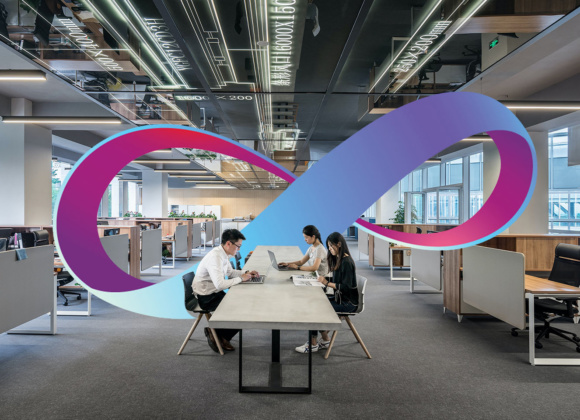How Your Business Can Contribute towards Net Zero
There are many schemes and targets in place to improve the UK’s energy efficiency. Net Zero, a UK government project, is one of those schemes. It aims to have greenhouse gas emission down to zero by 2050 – and we all need to play our part.
There are lots of ways that we can understand, educate and take action to prevent climate change. One of the best ways for businesses to take responsibility is by arranging to have a commercial energy performance certificate (EPC).
Let’s look at why we need to make changes and how, as a business, you can make a positive difference.
What is Net Zero?
In June 2019, the UK became the first major economy in the world to sign legislation committing to achieve net zero greenhouse gas emissions over the next 30 years.
Scientists have found that gases such as carbon dioxide, which are produced through burning of fossil fuels such as coal, gas and petrol, trap heat and cause global warming. This has reached levels so high that it is having an impact all over the world.
Net zero emissions doesn’t mean that no greenhouse gases will be produced, although that would be ideal. It actually means that the amount of emissions produced will be offset. This can be done by restoring forests and trapping harmful gases, for example. However, in order to meet that net-zero target, we must drastically reduce the amount of human-caused emissions we create.
How your business can help:
As a business owner you are in a unique position to make a difference and set a good example for your employees. Many eco-friendly schemes cost very little to implement and in the long-term will actually reduce your business running costs.
Get a commercial EPC
It’s very easy to organise a commercial energy performance certificate (EPC) and costs start at around £100. You actually need to have an EPC by law if you plan to rent out or sell your business premises. This EPC certificate will last for 10 years.
A commercial EPC shows how energy efficient your business is, assessing your heating and cooling, lighting, insulation and equipment for energy efficiency. You receive a ranking from A to G and recommendations for how you can improve your energy efficiency and lower your energy costs. Once you know exactly how green your office or business is, you can make plans to improve it over time by investing in more efficient equipment, modern heating and cooling systems and better insulation. In the long run it reduces business overheads.
Introduce a cycle-to-work scheme
Vehicles fuelled by fossil fuels are a major cause of pollution and carbon emissions. And, while it is fantastic to encourage staff to use electric local transport or care share, there are other efforts that can be more rewarding. By encouraging staff to cycle to work, you can be seen as a responsible employer.
Arrange a meeting to discuss the practicalities of a cycle scheme. Appoint someone to take charge of it, provide a secure bike shelter and let your employees do the rest.
Lower power usage
There are many small ways that your business can use less energy – all of which will help to reduce your energy bills. Make it the norm to turn off lights when not in use in storerooms, staff restrooms, and in the office at night and weekends. Electronic devices also use a small amount of power when not active – but when you’re talking about dozens of printers, computers, mobile phone chargers and other equipment, it all adds up.
Consider lowering your thermostat one degree for heating and raising it one degree when cooling. The difference in office temperature in barely noticeable, but the energy used is considerably reduced. Changing filters regularly also keeps everything running energy-efficiently.
Plant more carbon-absorbing greenery
Remember that becoming net-zero means producing less carbon emissions alongside increasing forests and greenery to absorb some of the greenhouse gases. Encourage staff to have a plant on the windowsill. Green up the car park with shady trees and low-maintenance bushes and perhaps dedicate space to a herb garden that employees can tend to and pick.
Those green leaves create cleaner air by absorbing carbon dioxide and adding oxygen back into the air. Tending a living plant is also known to reduce stress – an extra benefit for your eco-conscious staff.
Conclusion:
Make sure your business is doing its part in working towards NetZero. Start today by getting a green energy survey and see how little it costs to promote a greener, cleaner world.



